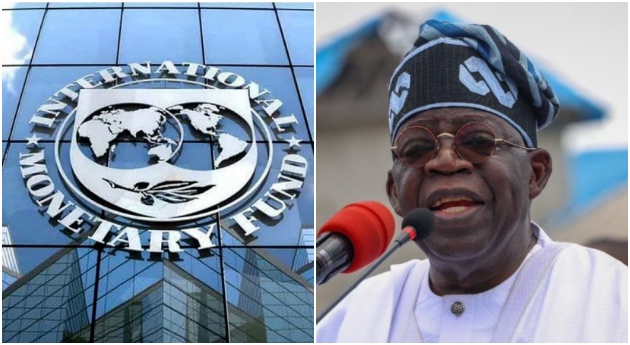Despite rising inflation, IMF maintains 3.2% economic growth for Nigeria
The International Monetary Fund, IMF, is still expecting Nigeria’s economy to increase by 3.2 per cent in 2023, according to the IMF World Economic Outlook Update for July on Near-Term Resilience, Persistent Challenges.
The IMF slightly downgraded its assessment for the world economy while maintaining its forecast that despite economic concerns and geopolitical unrest, most nations will escape a recession in 2023.
The growth prediction for emerging market and developing economies is mostly unchanged for 2023 and 2024.
Meanwhile, the IMF in its most recent report lowered its forecast for Sub-Saharan economic growth in 2023 by 0.1 percentage point to 3.5 per cent.
The IMF predicts that between 2023 and 2024, the yearly average rate of global growth will drop from 3.5 per cent to 3.0 per cent.
The growth projections for 2023 have been increased from those in the April 2023 WEO by 0.2 percentage points, but there has been no change for 2024.
It went on to say that the forecast for 2023–24 is anticipated to be much lower than the historical (2000–19) yearly average of 3.8 percent.
Additionally, it is below the historical average for a range of income levels in terms of both the overall GDP and the per capita GDP.
Additionally, it noted that from 2022 to 2023, advanced economies will continue to be the primary causes of the economic slowdown, with stronger services activity outweighing weaker manufacturing and special circumstances.
Despite major regional variances, the growth prediction for emerging market and developing economies is mostly unchanged for 2023 and 2024.




